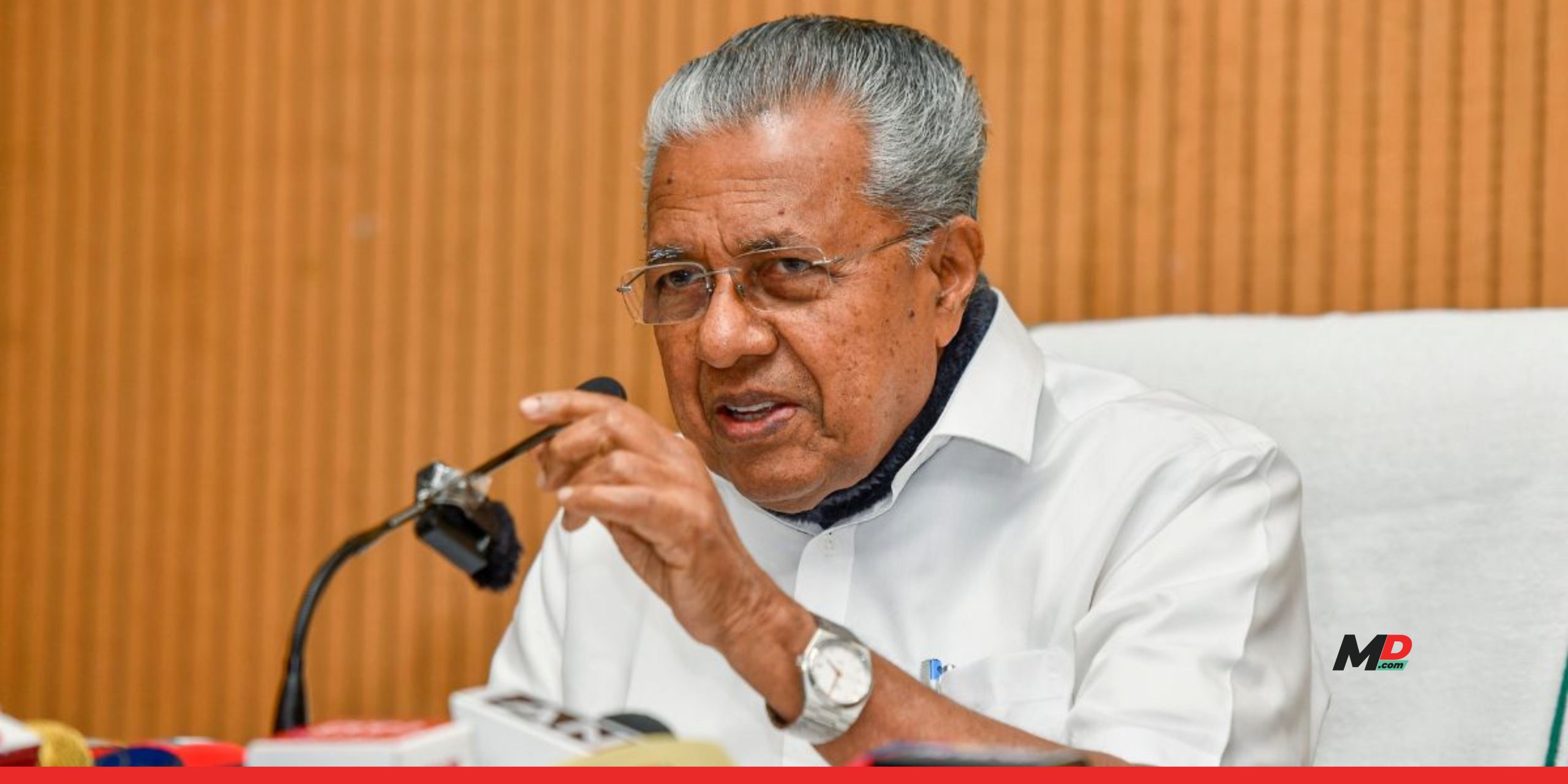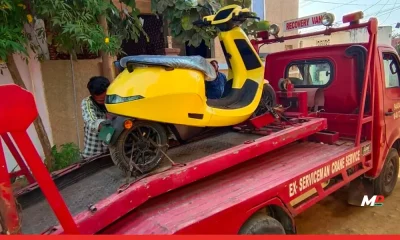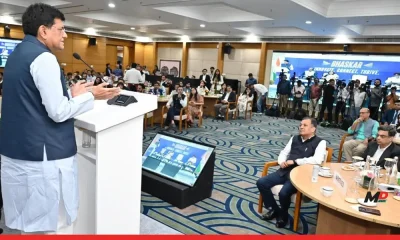Politics
Kerala’s Wayanad tragedy: Pinarayi Vijayan refutes Amit Shah’s claim of prior warning

Kerala’s Wayanad district, known for its lush green landscapes and serene tea plantations, has been transformed into a scene of chaos and heartbreak after a devastating landslide struck, leaving a trail of destruction in its wake.
In the aftermath of this tragedy, Kerala Chief Minister Pinarayi Vijayan found himself in a heated exchange with Union Home Minister Amit Shah. Vijayan vehemently contradicted Shah’s claim that the Kerala government had been issued a red alert about the impending heavy rains and landslides a week in advance.
Vijayan’s assertion was clear and unequivocal – the red alerts, which were supposed to serve as a warning, actually came hours after the Wayanad disaster had already occurred. This, he argued, was a case of “too little, too late,” highlighting the disconnect between the government’s response and the severity of the situation on the ground.
The conflicting narratives between Vijayan and Amit Shah have raised questions about the communication and coordination between the state and central governments in the face of such natural calamities. Transparency and accountability in disaster management are crucial, as they can mean the difference between life and death for those affected.
Vijayan’s rebuttal sheds light on the critical importance of timely and accurate warnings when it comes to natural disasters. As the Chief Minister pointed out, the lack of a timely alert from the Geological Survey of India meant that the tragedy had already unfolded before the authorities could take any meaningful action.
Vijayan’s remarks highlight the need for robust early warning systems that can accurately predict and communicate the risks of natural disasters to the relevant authorities and the public. These systems must be reliable, responsive, and integrated across various agencies to ensure a coordinated and effective response.
Despite the challenges, the rescue operations in the landslide-hit areas of Wayanad continued unabated, even as the region was battered by relentless downpours. Vijayan emphasized that this was not the time for a “blame game,” but rather a time to focus on the ongoing search and rescue efforts.
As the search and rescue operations continue in Wayanad, the tragedy has also sparked a broader conversation about the impact of climate change and the need for comprehensive disaster preparedness measures. The lessons learned from this event will be crucial in shaping future responses and strengthening the resilience of communities in the face of such catastrophic events.
The Wayanad tragedy has cast a somber shadow over Kerala, but it has also ignited a renewed sense of urgency in addressing the challenges posed by natural disasters. By learning from this experience, strengthening early warning systems, and fostering collaborative efforts, we can work towards a future where the impact of such calamities is minimized, and the resilience of our communities is strengthened. It is a long and arduous journey, but one that must be undertaken with unwavering determination and a steadfast commitment to protecting the lives and livelihoods of all those who call this beautiful state their home.














